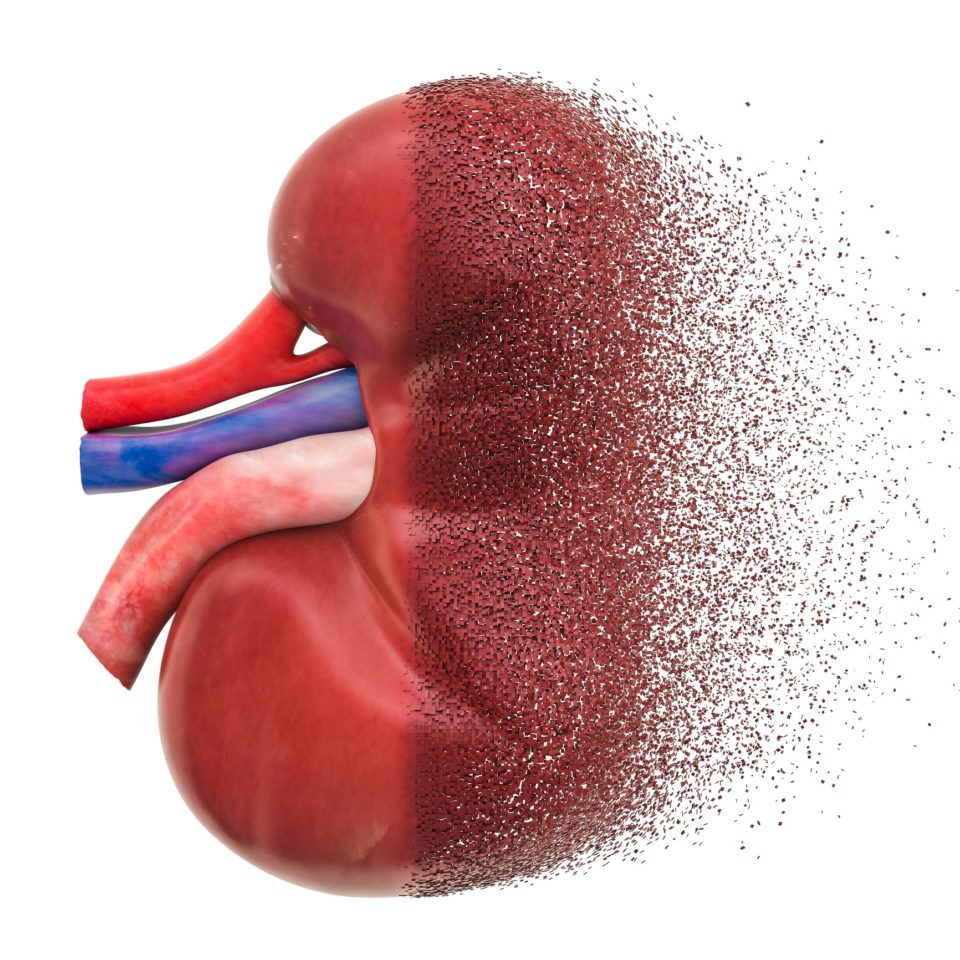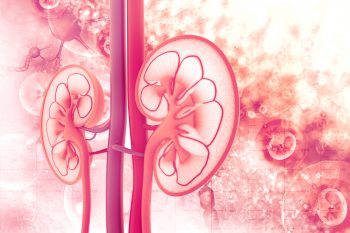
Hyperkalemia, an electrolyte abnormality, is common in patients with chronic kidney disease (CKD). Treatment for hyperkalemia may include sodium polystyrene sulfonate (SPS) and calcium polystyrene sulfonate (CPS); however, both agents are associated with severe gastrointestinal symptoms. There may be fewer gastrointestinal side effects with the newer potassium binders patiromer and sodium zirconium cyclosilicate (ZS-9).
Patrizia Natale, MSc, and colleagues conducted a Cochrane review and meta-analysis to assess the benefits and harms of potassium binders for the treatment of hyperkalemia in patients with CKD. Results were reported during a presentation at Kidney Week 2019. The presentation was titled Potassium Binders for Chronic Hyperkalemia in People with CKD: A Cochrane Review and Meta-Analysis.
The researchers searched the Cochrane Kidney and Transplant Register of Studies for randomized controlled trials that evaluated potassium binders for chronic hyperkalemia in adult and pediatric patients with CKD. For some outcomes, the treatments were categorized as newer agents (patiromer or ZS-9) and older agents (SPS and CPS) in separate analyses.
The search identified 12 eligible studies, representing 1340 participants. Median study duration was 3.5 weeks (range, 12 hours to 52 weeks). None of the trials evaluated treatment in children; mean age of study participants ranged from 53 to 73 years. The risks of bias were generally high or uncertain.
In seven studies (774 participants), treatment with a potassium binder was compared with placebo. The effects of patiromer or ZS-9 on all-cause mortality were uncertain (relative risk [RR], 0.32; 95% confidence interval [CI], 0.01-7.57). The treatment effect of the older agents on all-cause mortality was very unclear; there were no outcome data on cardiovascular mortality.
Potassium binders had uncertain risks of nausea (RR, 2.10; 95% CI, 0.65-6.78), vomiting (RR, 1.72; 95% CI, 0.35-8.51), diarrhea (RR, 1.03; 95% CI, 0.24-4.51), and constipation (RR, 1.68; 95% CI, 0.65-4.37).
In summary, the researchers said, “Evidence for different potassium binders to treat chronic hyperkalemia in people with CKD is of low certainty due to serious imprecision and trial methodological limitations. This review suggests the need for a large, adequately powered trial of potassium binders versus placebo that assesses clinical outcomes such as cardiovascular mortality, cardiac arrhythmias, health-related quality of life, and major gastrointestinal symptoms.”
Source: Natale P, Palmer S, Ruospo M, Saglimbene V, Strippoli GFM. Potassium binders for chronic hyperkalemia in people with CKD: a Cochrane review and meta-analysis. Abstract of a poster published in conjunction with the American Society of Nephrology Kidney Week 2019 (Abstract PUB366).






 © 2025 Mashup Media, LLC, a Formedics Property. All Rights Reserved.
© 2025 Mashup Media, LLC, a Formedics Property. All Rights Reserved.